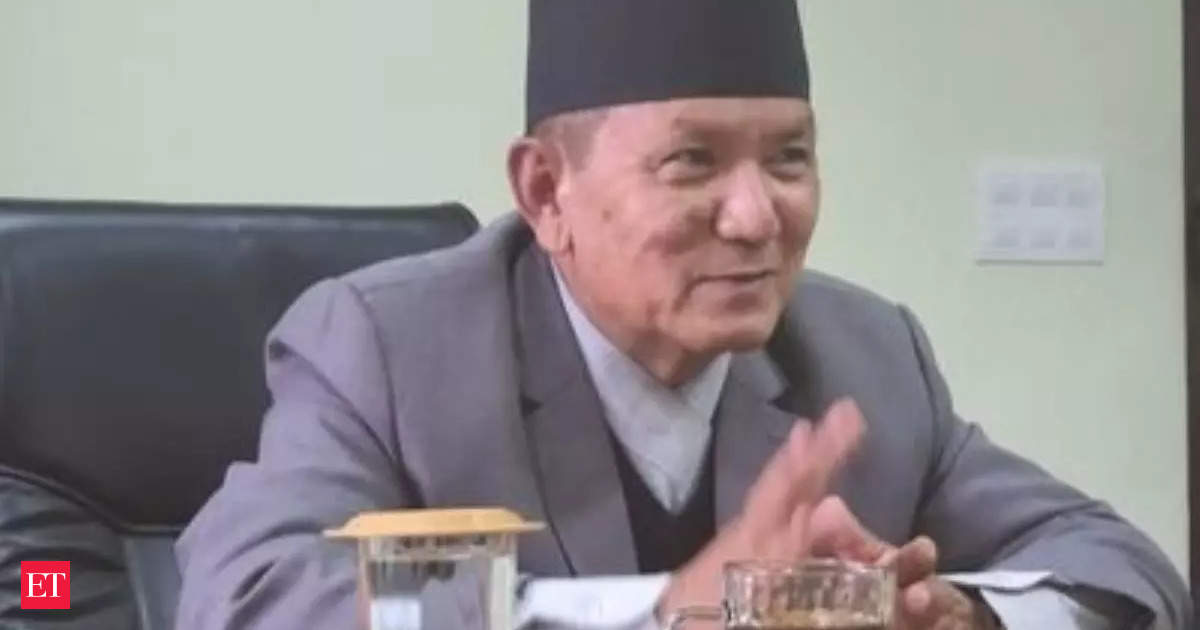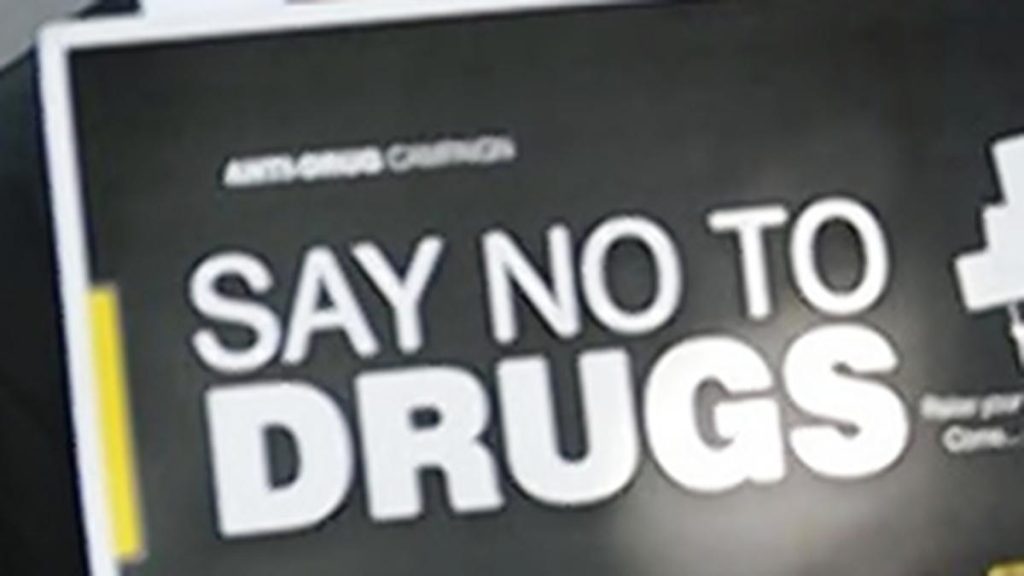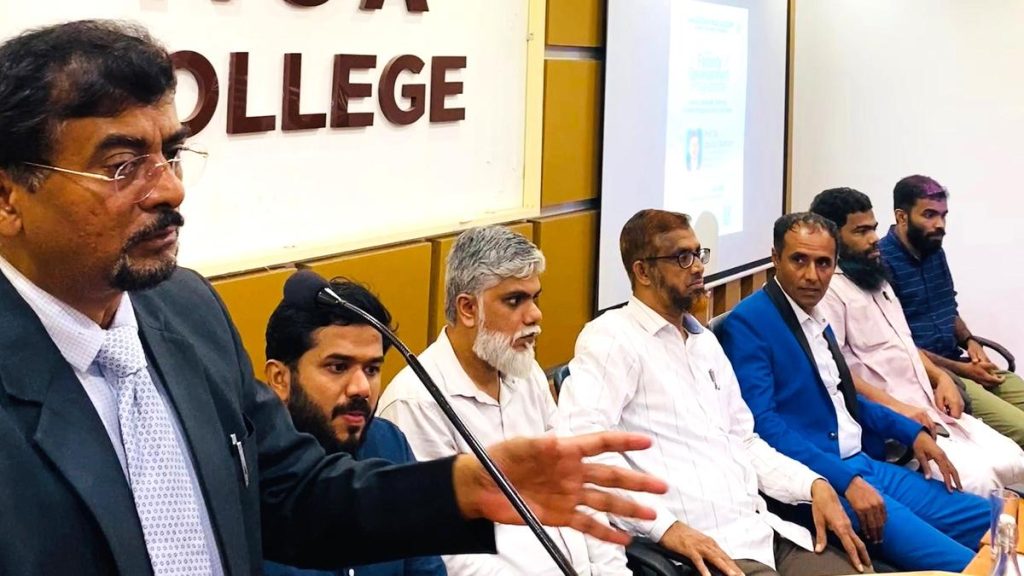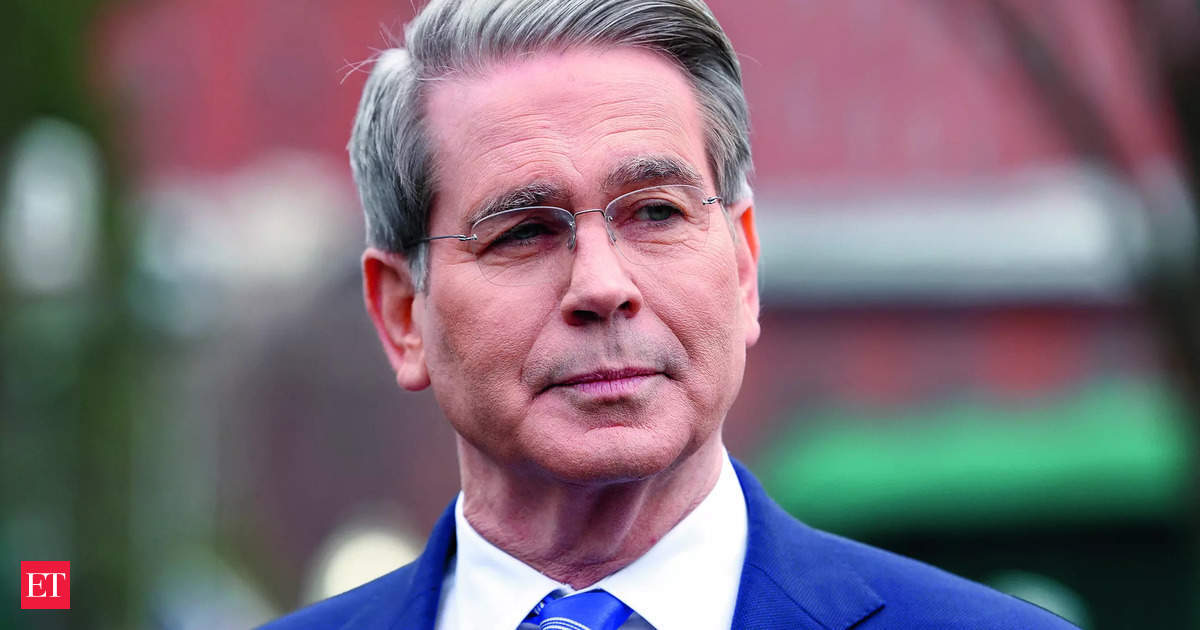Now Reading: Nepal Warns Ex-King Against Anti-Constitutional Actions: Minister
-
01
Nepal Warns Ex-King Against Anti-Constitutional Actions: Minister
Nepal Warns Ex-King Against Anti-Constitutional Actions: Minister

Quick Summary
- Nepal’s Minister for Communication and Facts Technology, Prithvi Subba Gurung, has warned former King Gyanendra of potential legal action for alleged anti-constitutional activities.
- Gurung claims the former monarch breached a past agreement with political parties to honor the constitution and refrain from undermining sovereign rights.
- The goverment granted Gyanendra privileges as a former head of state under the same agreement, including residency at Nagarjun Palace and his mother’s stay at Narayanhiti Palace.
- Controversy arose after Gyanendra’s Democracy Day statement advocating national unity and suggesting he become active in “saving the contry.”
- The minister accused “anti-system elements” associated with pro-monarchy protests of engaging in violence, looting, and anarchy.
- Recent pro-monarchy demonstrations led to casualties: two deaths (including a photojournalist) and injuries to over 100 individuals.
- nepal’s coalition government (CPN-UML and Nepali Congress) remains in power until 2028.
- Amid this turmoil, Nepal’s Ambassador to India met Uttar pradesh Chief Minister Yogi Adityanath on March 31 to discuss bilateral relations.
Indian Opinion Analysis
Nepal’s ongoing political friction illustrates challenges faced by transitioning democracies balancing lingering monarchy sentiments with constitutional mandates. The government’s warning against former king gyanendra reflects its focus on maintaining sovereign authority while addressing rising tensions triggered by symbolic monarchy rhetoric urging national unity.
Pro-monarchy protests underscore dissatisfaction among sections of society about governance frameworks or cultural identity shifts post-monarchy abolishment. Violence during recent demonstrations raises concerns about stability; further unrest could complicate Nepal’s developmental priorities amid external geopolitical sensitivities-including its relationship with India.
The meeting between Nepal’s envoy and UP CM Yogi Adityanath highlights diplomatic efforts amid delicate circumstances where cross-border ideological influences might shape public sentiment. Observers will monitor how both internal dynamics within Nepal and bilateral ties evolve moving forward under sustained democratic government leadership until 2028.























